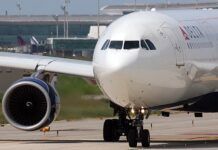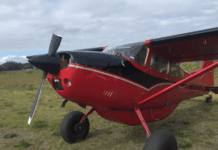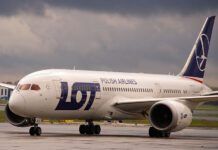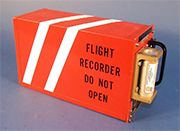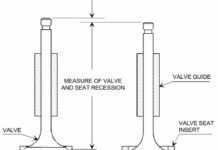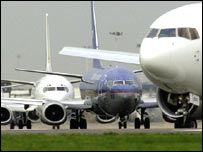
Through the first nine months of 2010, U.S. airlines posted operating profits that eclipse those from any single full year since at least 1999, according to the Department of Transportation — and that correlates with a rise in ticket costs and fees. Airfares are up an average 13 percent over 2009, according to the Bureau of Transportation — not including new fees for baggage and services. The impressive profits (more than $7 billion over nine months) are even more so when compared to 2008, when the industry lost more than $5 billion. Major changes in the industry have included the cost of oil, which hit its high-water mark of $147.27 per barrel in July of 2008, fell below $40 by December that year and currently runs closer to $90 per barrel. Fuel prices aside, the airlines reacted to the financial downturn by slashing flights, renegotiating employment contracts with workers, packing aircraft to capacity, and adding fees for baggage, food and other services. As a result, airfares compare favorably with those from a decade ago, while fees have proven to be a powerful financial contributor for the airlines. There are other factors in play.
Recently, United acquired Continental and Delta joined with Northwest. Additional financial results from that kind of industry consolidation, which, in the case of United/Continental, has created the largest airline in the world, may still be coming. And corrections may be coming, too. Workers, who accepted contract concessions during hard times, may begin to do more than talk about seeking payback. Interviewed by CNN, Harlan Platt, a professor of finance at Northeastern University, said, “Even though everybody probably wants to complain that air fares are up, they’re still below where they were in 2000.” Fees, including reservation change fees, collected more than $2 billion for the industry in the third quarter of 2010. Managing supply has also played a role, according to Platt. “They’re maintaining a limited supply of seats that has enabled them to continue to charge higher fares.”


















